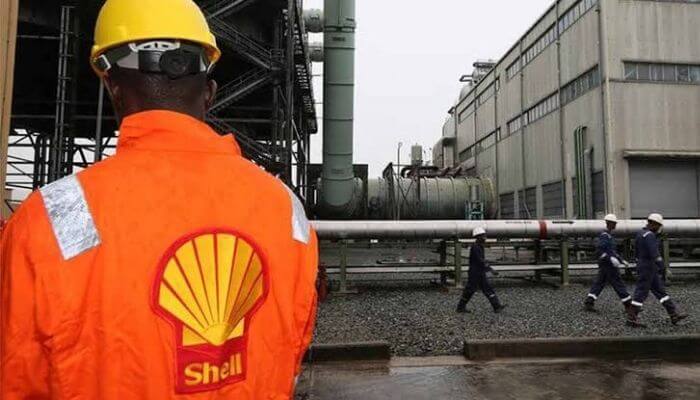
Business
Shell Sells Its Nigerian Onshore Oil & Gas Business For $2.4B

iexclusivenews – Shell, one of the world’s largest energy companies, has announced that it will exit its onshore oil and gas operations in Nigeria, in a deal worth $2.4 billion.
The deal, which is expected to close in the second half of 2024, will see Shell transfer its 49 percent stake in the SPDC Joint Venture.

Which runs more than 30 onshore oil and gas fields, to a consortium of Nigerian companies led by Renaissance Oil.
The consortium, which also includes ND Western, Aradel Energy, First E&P, Waltersmith and Petrolin, will also acquire Shell’s interests in the Forcados and Bonny export terminals, which are key infrastructure for Nigeria’s oil exports.
Shell said that it will receive $1.3 billion in cash for the sale of SPDC, and up to $1.1 billion more depending on the recovery of prior receivables at the time of completion.

Why Shell is leaving Nigeria’s Onshore Oil Sector
Shell has been operating in Nigeria since 1937, and has been a major player in the country’s oil industry, which accounts for about 90 percent of its export earnings and 60 percent of its government revenue.
However, Shell’s onshore oil and gas assets have been plagued by various challenges in recent years, such as:
– Security risks: Shell’s onshore operations have been frequently targeted by militants, criminals and protesters, who have attacked pipelines, kidnapped workers and disrupted production.
Shell said that it lost about 50,000 boe/d of production in 2023 due to security incidents.
– Environmental issues: Shell’s onshore activities have also been criticized by environmental groups and local communities, who have accused the company of causing oil spills, gas flaring and pollution in the Niger Delta region.
Shell has faced several lawsuits and compensation claims over its environmental impact in Nigeria.
– Climate change pressure: Shell, like other oil majors, has been under increasing pressure from investors, regulators and activists to reduce its carbon footprint and align its business with the Paris Agreement goals.
Shell has committed to become a net-zero emissions energy company by 2050, and has been investing more in renewable energy, low-carbon fuels and carbon capture technologies.
MORE NEWS:
NNPCL Restores Oil Production of 275,000 bpd at TotalEnergies
What The Deal Means For Nigeria’s Oil Industry
The deal, which is subject to regulatory approvals and other conditions, will mark a historic change in Nigeria’s oil industry, as Shell will become the first international oil company to exit its onshore oil and gas business in the country.
The deal will also create new opportunities for the Nigerian consortium, which will become one of the largest operators in the country’s onshore oil and gas sector, with a combined production of about 95,000 boe/d.
The consortium said that it plans to invest in the development of the acquired assets, as well as in social and environmental projects in the Niger Delta region.
The deal will also have implications for the Nigerian government, which will have to deal with a new set of partners in the oil and gas sector, and ensure that the deal does not affect the country’s oil revenues, which have been hit by the volatility of oil prices.













